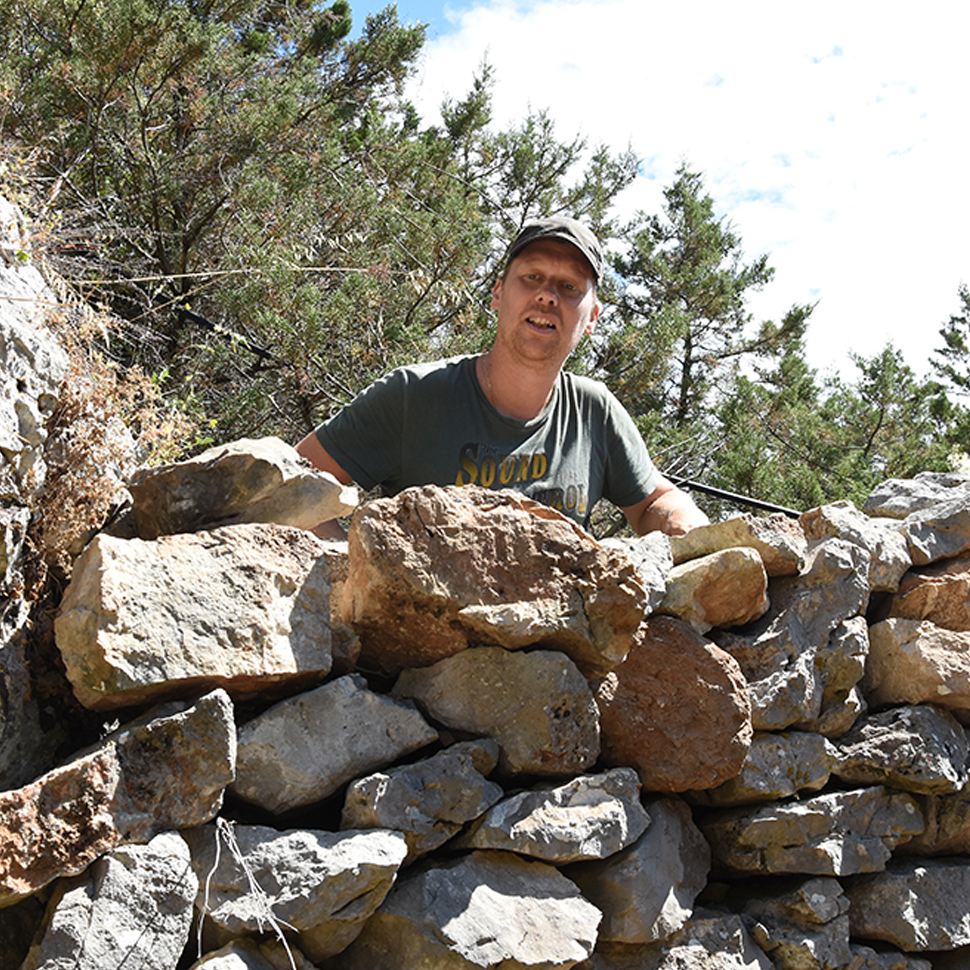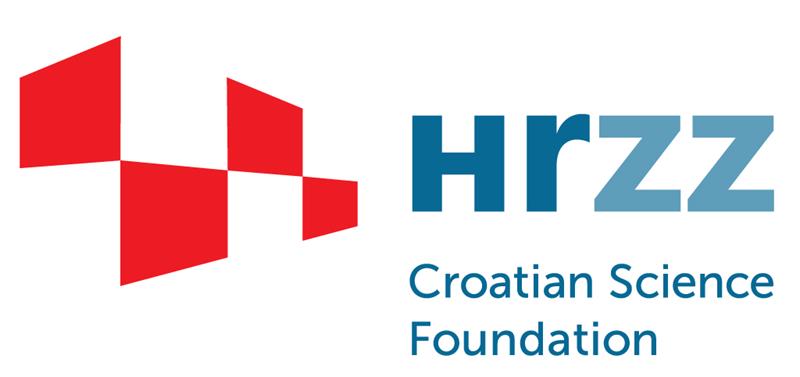PROGRAM:
Croatian Science Foundation Research Project
PROJECT TITLE:
Bivalve Sclerochronology – lessons from Past Ecology and Environments for the future Coastal ecosystem Health
AKRONIM:
BivalveSPEECH
Project duration:
December 2024 – December 2027
About project
The BivalveSPEECH project uses bivalve shells to document changes in marine climate variability by applying a sclerochronological approach. It combines environmental observations and modelling with analysis of shell growth patterns and shell geochemistry along an extended time scale, from the Neolithic to the far future.
The main target species are commercially important bivalves – the Mediterranean mussel (Mytilus galloprovincialis) and the European flat oyster (Ostrea edulis) and sampling will be conducted at archaeological sites and bivalve aquaculture farms along the eastern Adriatic Sea. Shell growth patterns will be analysed from acetate peel replicas of shell cross sections and variations in shell microstructures, while oxygen (δ18O), carbon (δ13C), and nitrogen stable isotopes (δ 15N) will be analysed in shell carbonate material. Obtained shell data will be related to water chemistry data, high-resolution temperature and salinity environmental observations and modelling, and climate projections.
The BivalveSPEECH project will result in a robust reconstruction of past environmental conditions and variations in bivalve growth seasonality. It will contribute to our understanding of long-term changes in marine ecosystems and their health and will provide important data for sustainable management of bivalve aquaculture in coastal areas in present and future climate conditions.
Project team
Principal Investigator
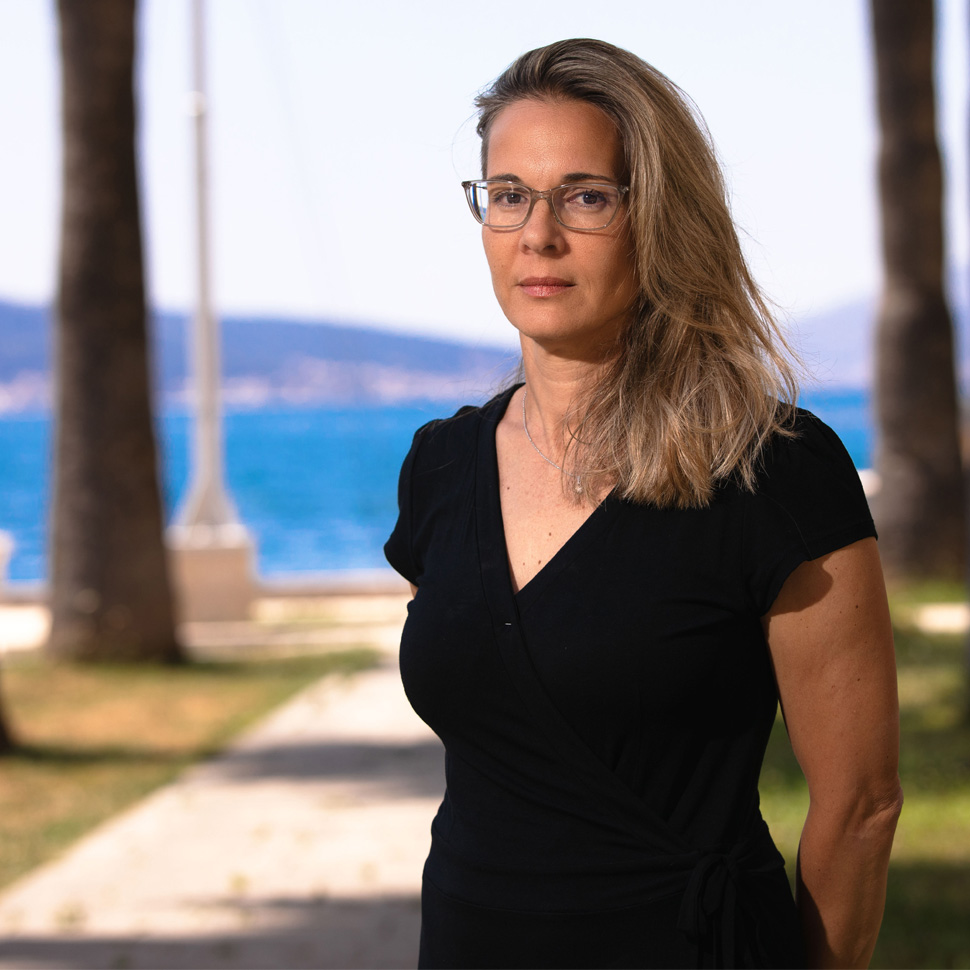
Institute of Oceanography and Fisheries, Split, Croatia
Associates
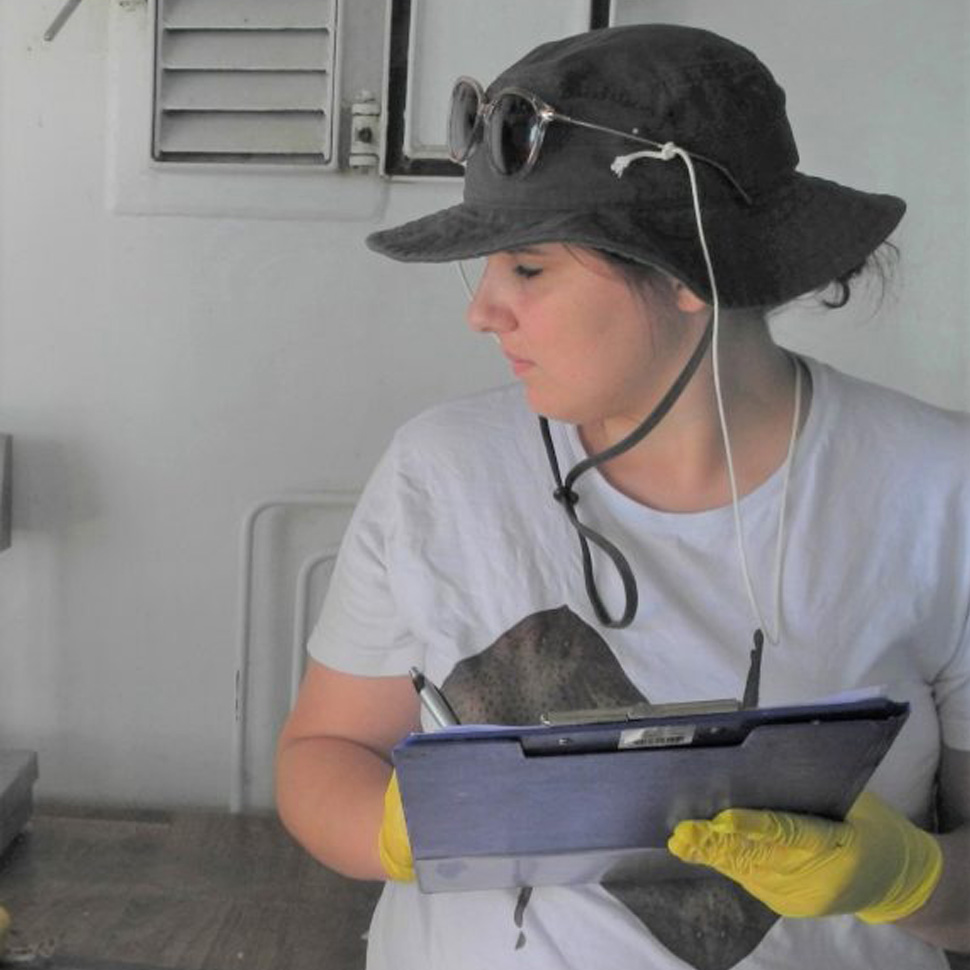
Institute of Oceanography and Fisheries, Split, Croatia
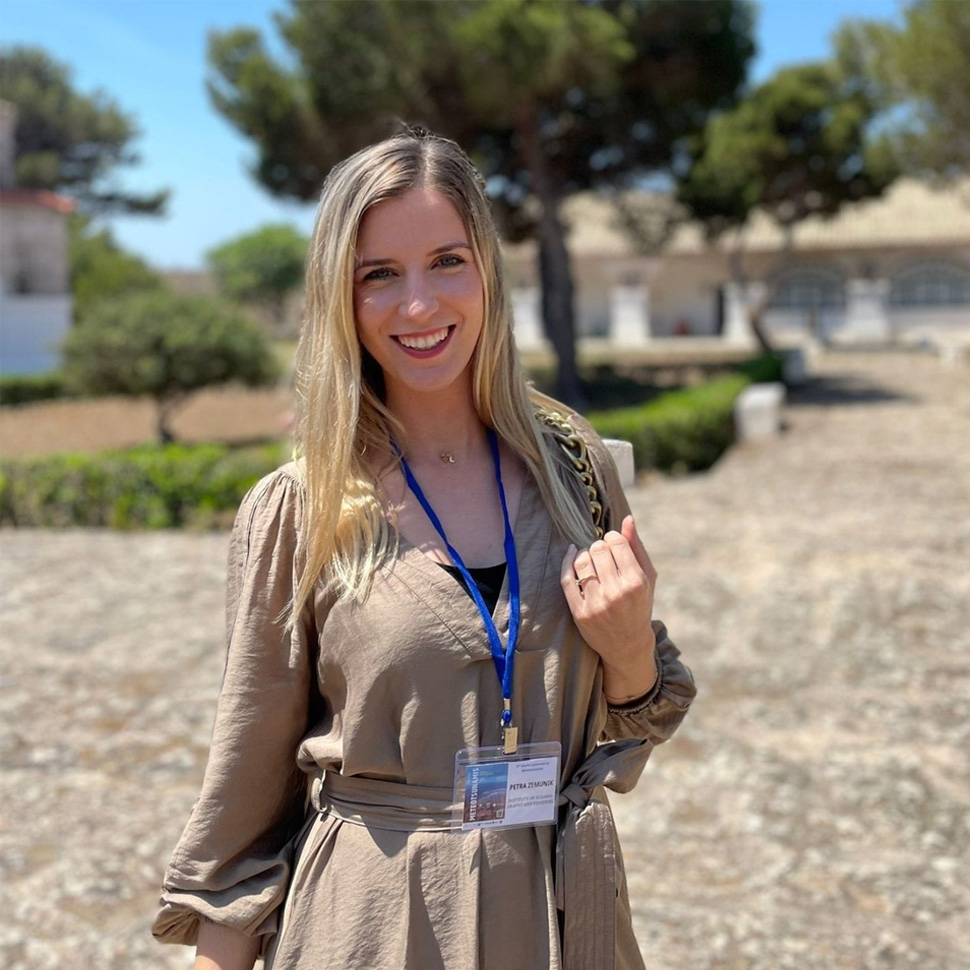
Institute of Oceanography and Fisheries, Split, Croatia
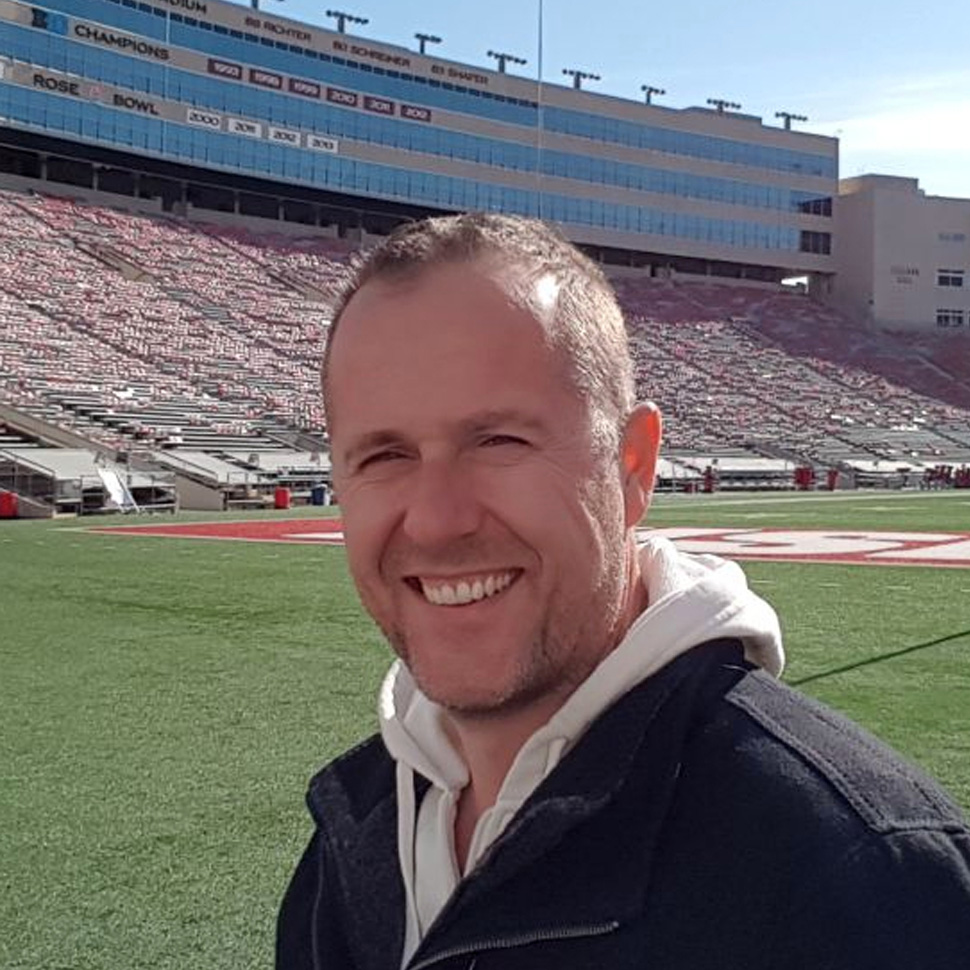
Institute of Oceanography and Fisheries, Split, Croatia
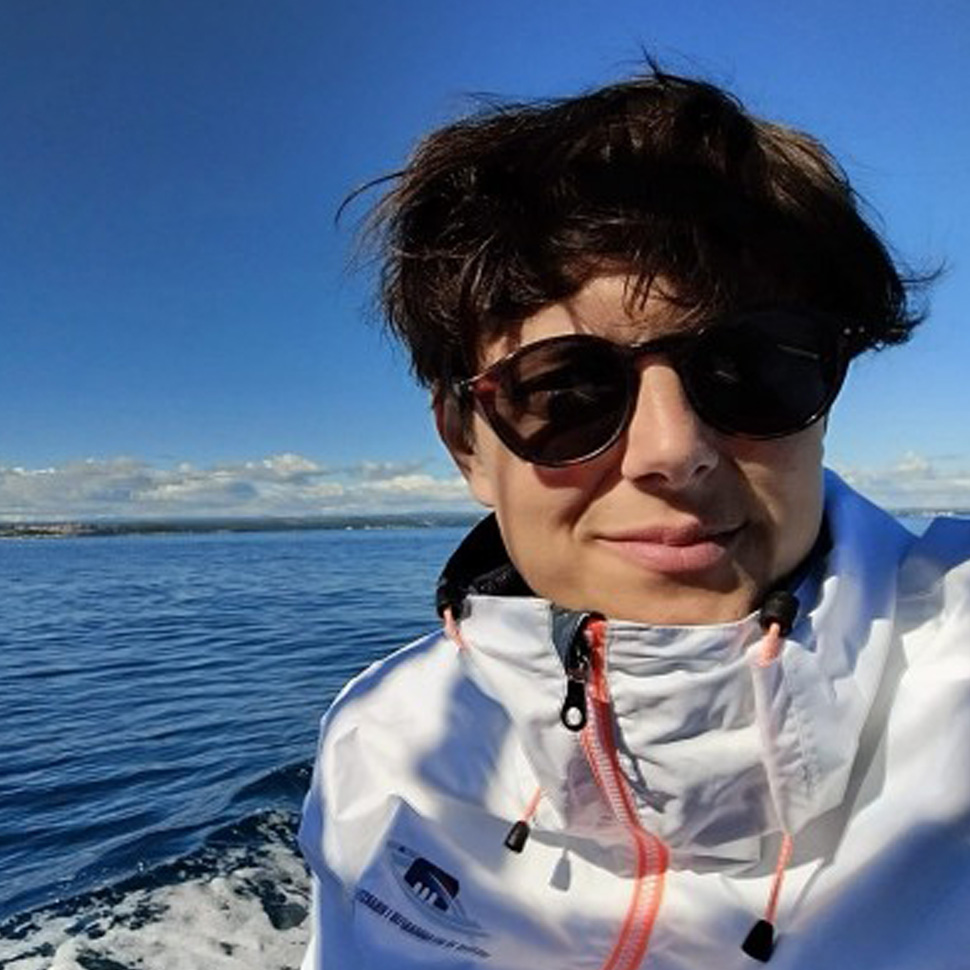
Institute of Oceanography and Fisheries, Split, Croatia
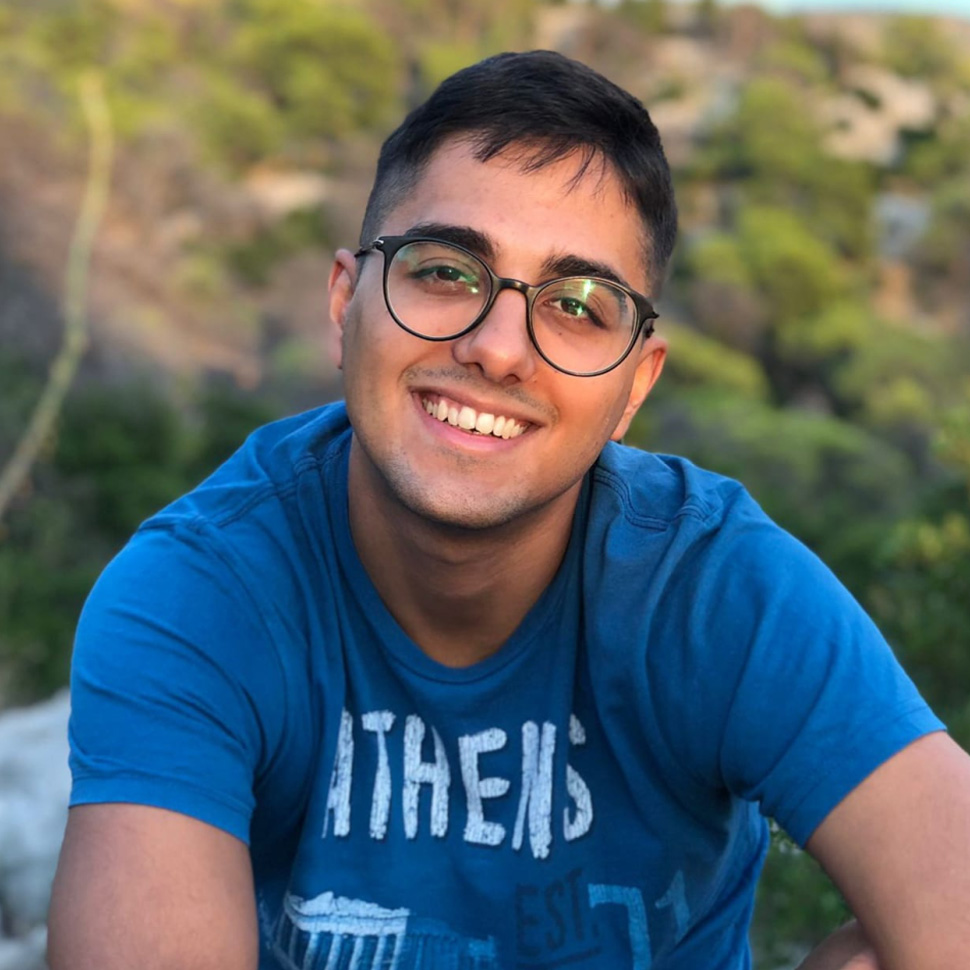
Institute of Oceanography and Fisheries, Split, Croatia
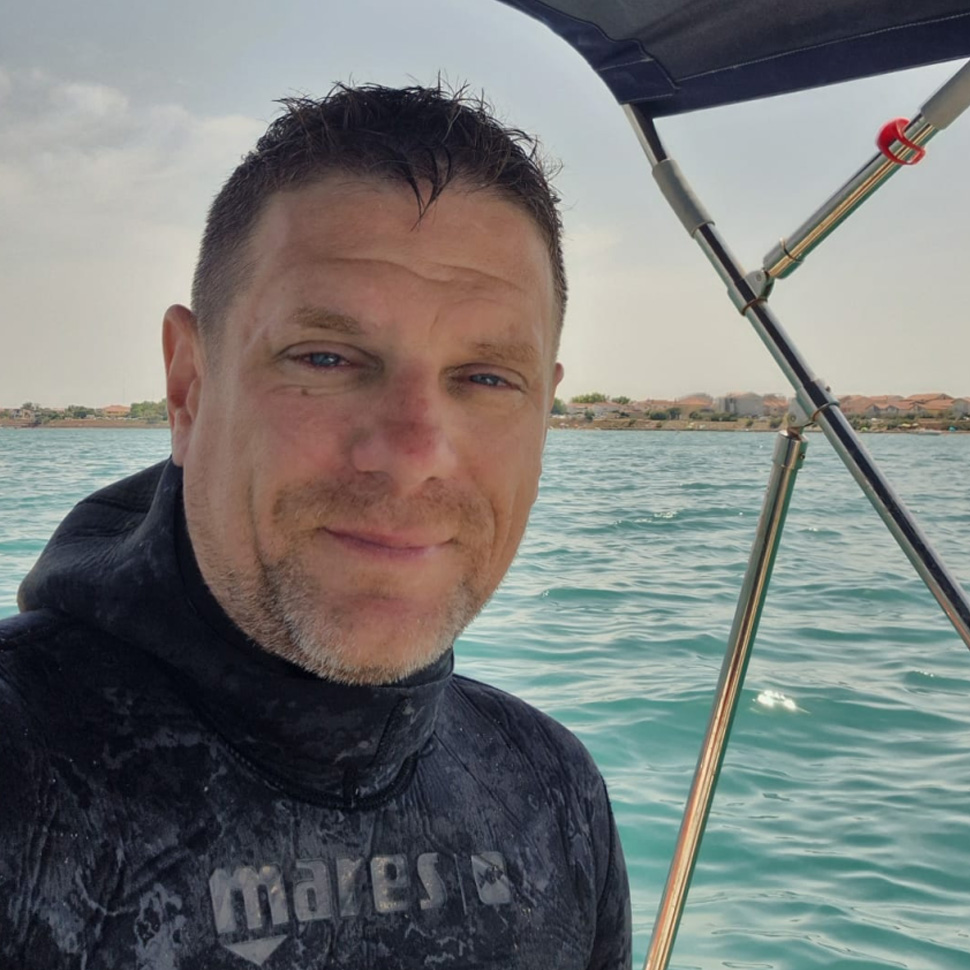
University of Zadar, Department of Ecology, Agronomy and Aquaculture, Croatia
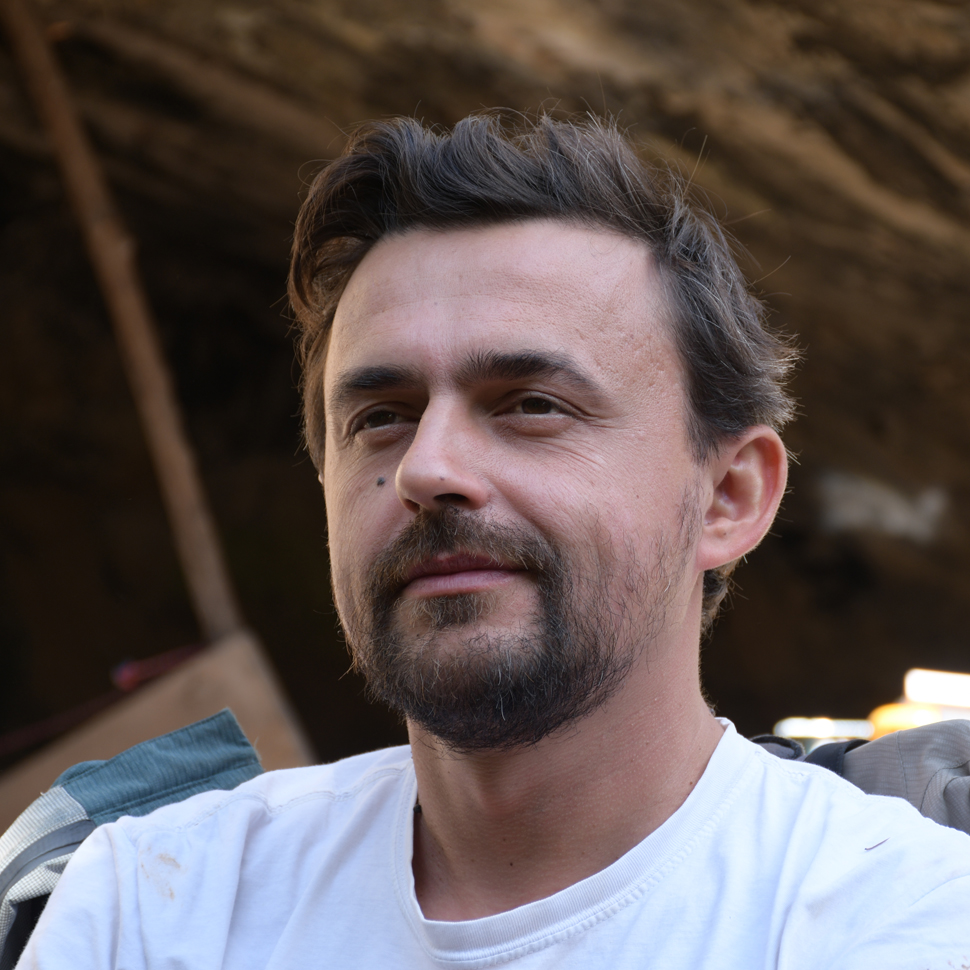
University of Zadar, Department of Archaeology, Zadar, Croatia
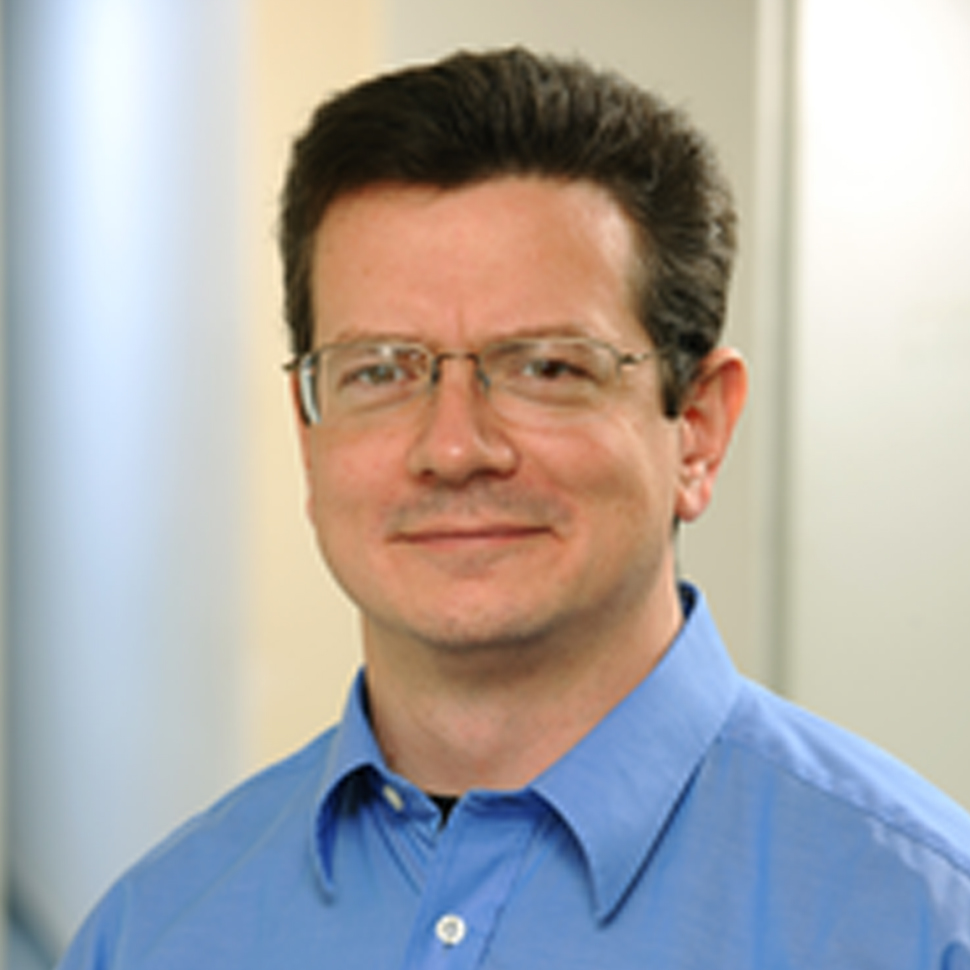
Johannes Gutenberg Universität, Mainz, Germany
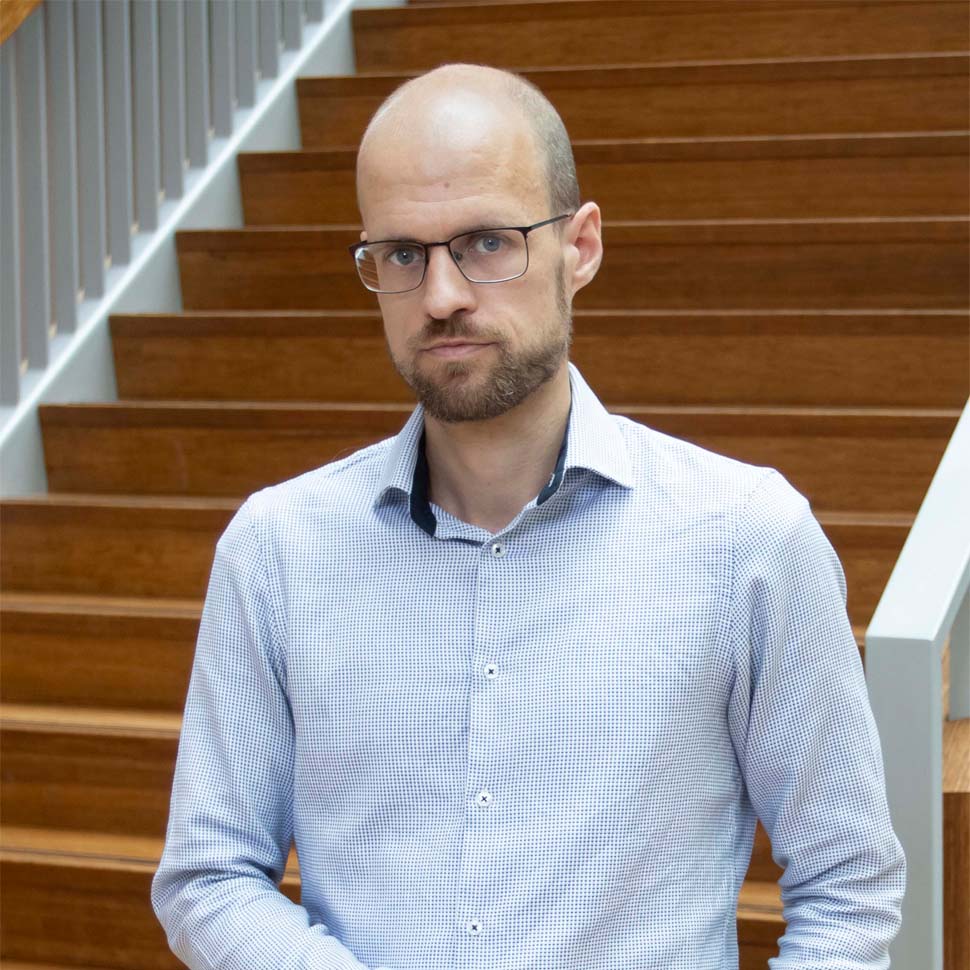
Vrije Universiteit Amserdam, Amsterdam, the Netherlands
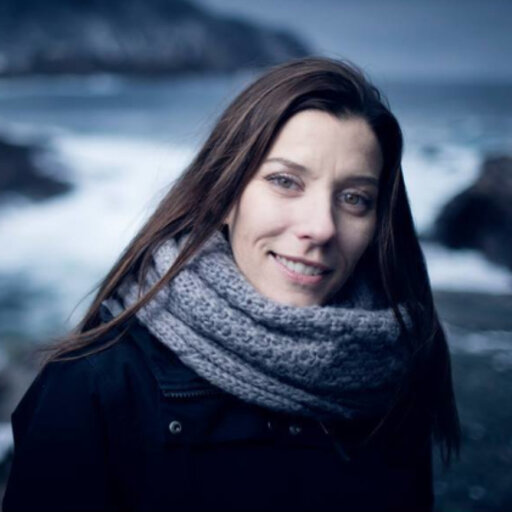
Memorial University, Newfoundland, Canada

The University of Western Austraila, Perth, Australia
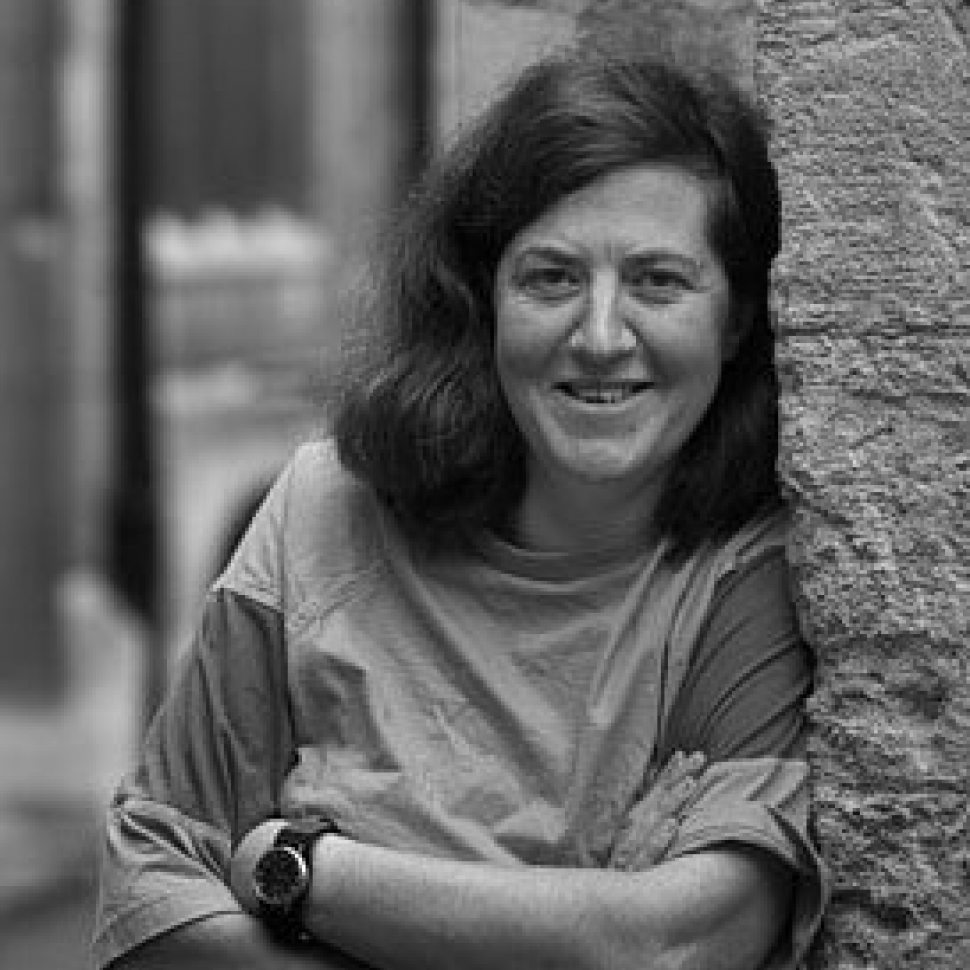
University of Cambridge, Department of Earth Sciences, Cambridge, U.K.

Institute of Archaeology, Zagreb, Croatia
Students

College of the Atlantic, Bar Harbour, USA
News

15th Croatian Biological Congress
22/11/2025
On the 15th Croatian Biological Congress, Hana Uvanović presented the results of the oxygen stable isotope analysis in fossil shells of Flexopecten glaber, and a poster on different approaches to analysis of growth lines in mussel Mytilus galloprovincialis.
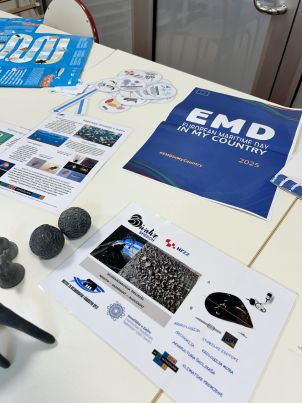
BivalveSPEECH for kids
6/10/2025
In collaboration with the Marko Marulić City Library, we organized two creative workshops for children. One was held for third-grade pupils from a nearby school, while the other was open to all interested participants. In total, around 40 children and their parents took part in the activities. These workshops were also part of the initiatives marking the European Maritime Day in our country.
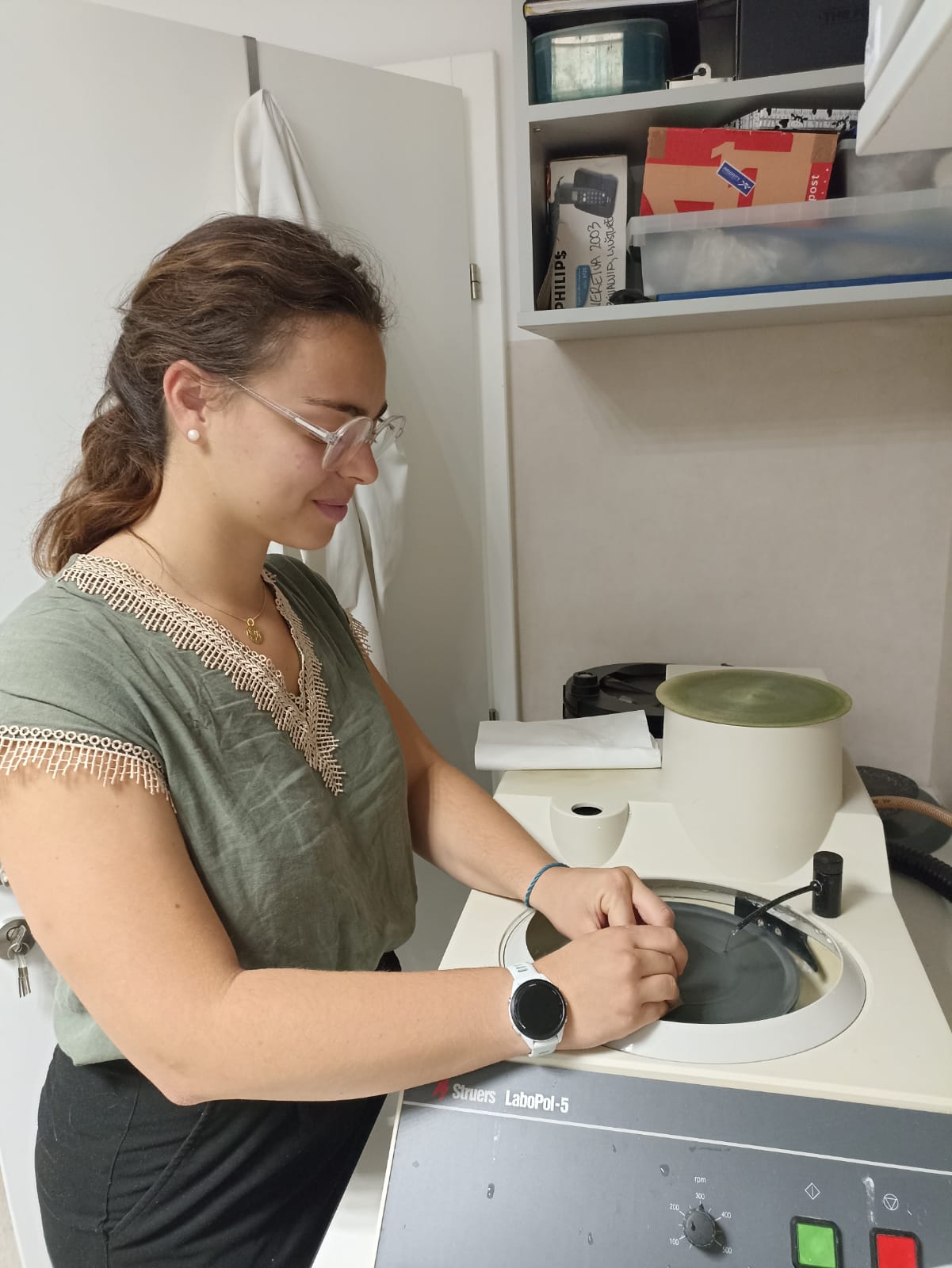
Student internship
1/10/2025
Evacilie Belliere, a french undergraduate student from the College of the Atlantic (Maine, USA), started her 10-week internship at the Institute of Oceanography and Fisheries. Evacilie is working on Cerastoderma glaucum shells excavated from the archaeological site in Stobreč. Research is conducted in a framework of the BivalveSPEECH project as a part of a newly established collaboration with Dr Antonela Barbir and Dr Marina Ugarković from the Institute of Archaeology.
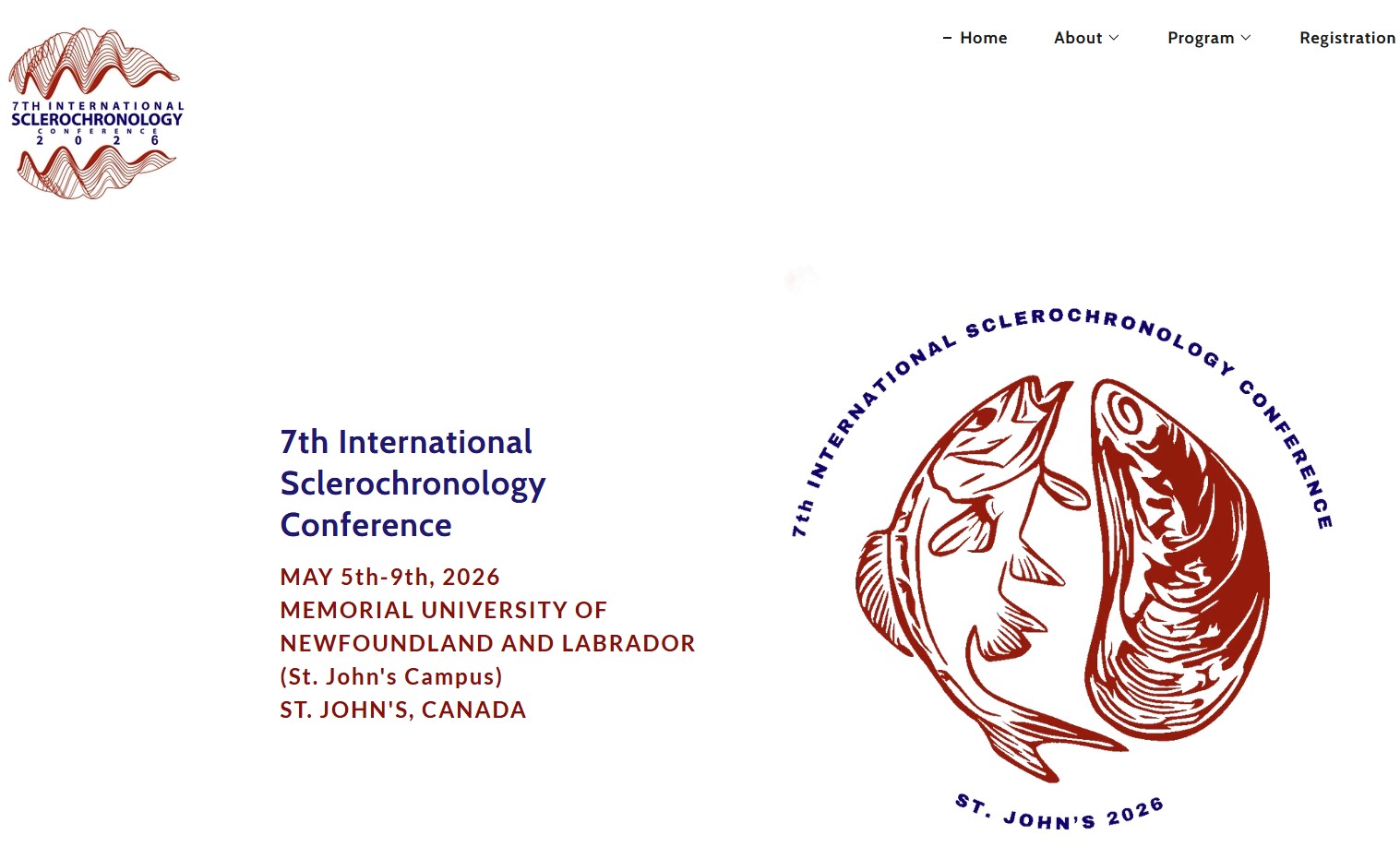
Preparations for the 7th ISC
29/9/2025
Preparations for the 7th International Sclerochronology Conference are well underway and more info is available at conference web site. The main organiser of this international conference is Prof Meghan Burchell, BivalveSPEECH project collaborator. At the same time, Melita Peharda and Bernd Schöne are involved as scientific committee members. The conference is taking place next May in St. John, Canada.
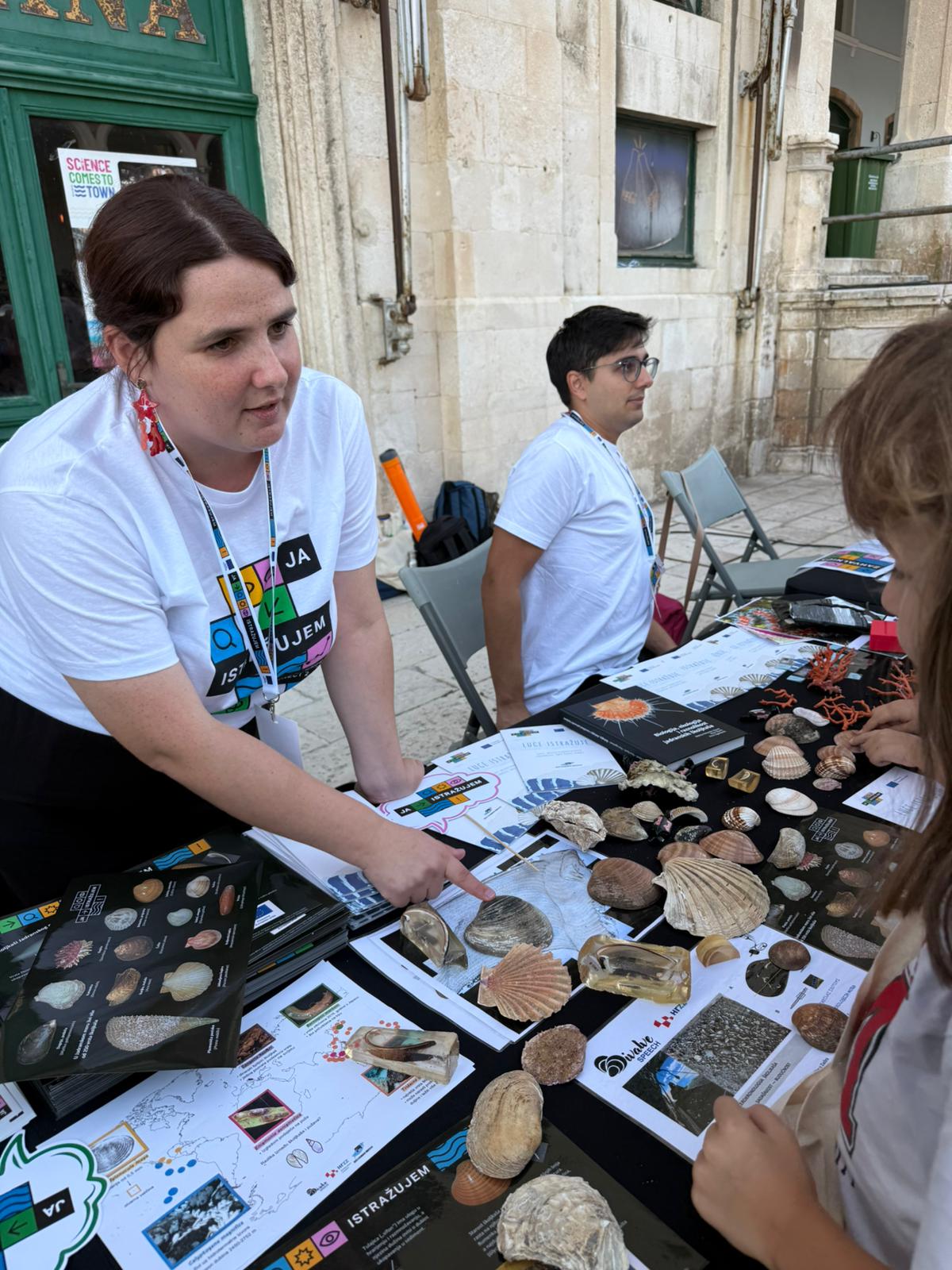
BivalveSPEECH at the Researchers’ Night
26/9/2025
BivalveSPEECH project presented at the Researchers’ Night in Split. Our project collaborators Hana Uvanović, Niko Bujas, and Daria Ezgeta Balić participated in this amazing event and talked to numerous children, their family members, as well as wandering tourists about what we can learn from the analysis of bivalve shells – from archaeological excavation sites to modern live collected specimens.
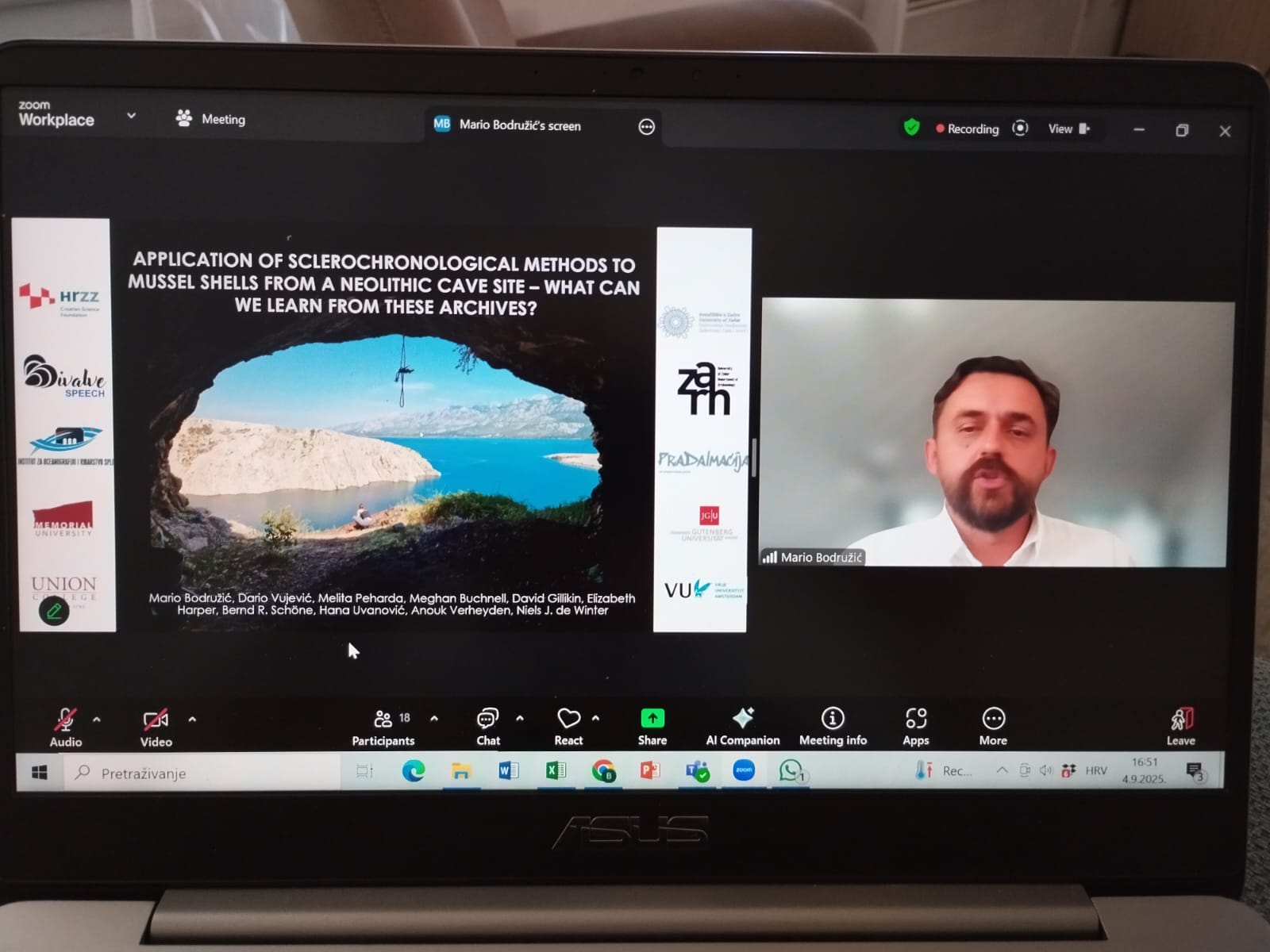
Presentation at the 31st EAA Annual Meeting
4/9/2025
Mario Bodružić, PhD student from the University of Zadar, delivered an oral presentation at the 31st EAA Annual Meeting. Due to the current situation in Belgrade (Serbia), where the meeting was supposed to take place, all conference activities were done online. Mario presented results on stable isotope analysis of mussel shells from Ždrilo cave archaeological site and received praise for applying interdisciplinary approach in research.
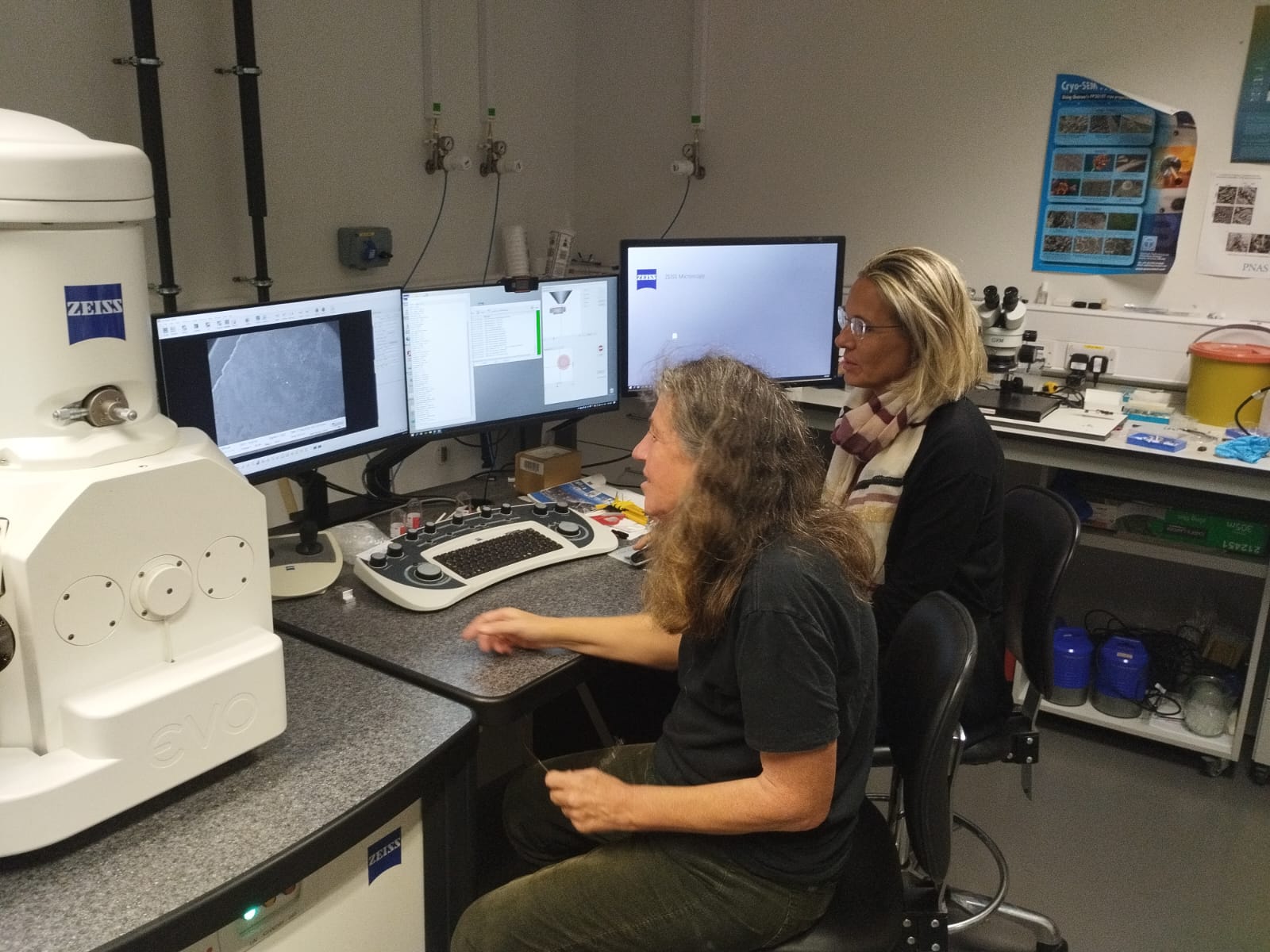
Visit to the University of Cambridge
29/8/2025
Melita Peharda, BivalveSPEECH principal investigator, spent a week at the University of Cambridge analysing mussel shells on SEM with project collaborator Prof Liz Harper. Prof Harper is one of the world’s leading researchers in bivalve microstructure, and her contribution to the analysis of changes in mussel microstructure is a great asset to the project.

Presentation in City Library
10/6/2025
Dr Melita Peharda Uljević delivered a presentation at the city library Marko Marulić in Split, presenting bivalve ecology and sclerochronology research with a specific focus on research conducted within the framework of the BivalveSPEECH project.

BivalveSPEECH field work
6/6/2025
Monthly sampling at bivalve aquaculture sites started at the beginning of March and includes the collection of mussels for the analysis of condition index and growth, the collection of water samples for stable isotope analysis and deployment of data loggers for high-resolution measuring of temperature and conductivity (salinity). Information about high seawater temperatures recorded in early June was disseminated through social media to warn bivalve aquaculture producers about possible future mussel (Mytilus galloprovincialis) mortality events associated with high seawater temperatures.

Ene2025 Conference
26/5/2025
Ene2025 – 2nd Conference on the emergence of the Neolitic in Europe took place in Zadar. Mario Bodružić, PhD student from the Department of Archaeology University of Zadar, presented a poster with a title “Seasonal mobility and coastal subsistence in the early Neolithic: Insights from Ždrilo cave”. In this poster, Mario presented data on stable oxygen isotope from the archaeological mussel specimens that were used for determining the collection season

Prof Meghan Burchell visit
14/4/2025
BivalveSPEECH is truly an international and interdisciplinary project. Last week, Prof Meghan Burchell, an archaeologist from the Memorial University (Newfoundland and Labrador, Canada) visited Croatia. Meghan visited the archaeological site Ždrilo cave and participated in field sampling at bivalve aquaculture sites. She also gave lectures at the Institute of Oceanography and Fisheries and University of Zadar, explaining the potential for the application of sclerochronological methods in to archaeological samples.

BivalveSPEECH and kids
13/4/2025
Together with Đani Iglić, Alen Petani and their group of divers from Diving club Sveti Rok, we participated in a popular science event for elementary school children – which took place as a part of the Dalmatia boat show. Hands-on learning, in the open, just by the sea, is a great way to stimulate young minds and present BivalveSPEECH project.

BivalveSPEECH kick-off meeting
17/1/2025
The kick-off meeting for the BivalveSPEECH project took place at the library of the Institute of Oceanography and Fisheries in Split. It was a great pleasure to host Prof Elizabeth Harper from the University of Cambridge, Dr Niels de Winter from Vrije University Amsterdam, as well as colleagues Prof Dario Vujević, Prof Ivan Župan and PhD student Mario Bodružić from University of Zadar. Meeting enabled in-person discussion of plans for field sampling and laboratory analysis of specimens – gaining insights from physical oceanographers, ecologists, geochemists and archaeologists.
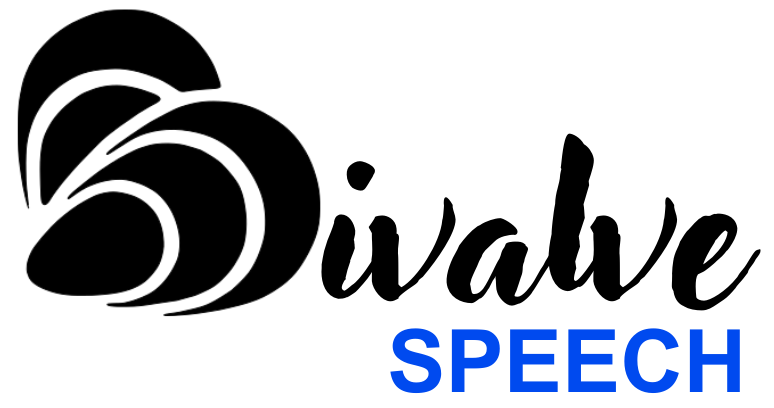
The BivalveSPEECH Project Has Begun
The implementation of the BivalveSPEECH project has officially begun. Stay tuned to this page for the latest updates and news about the project.
